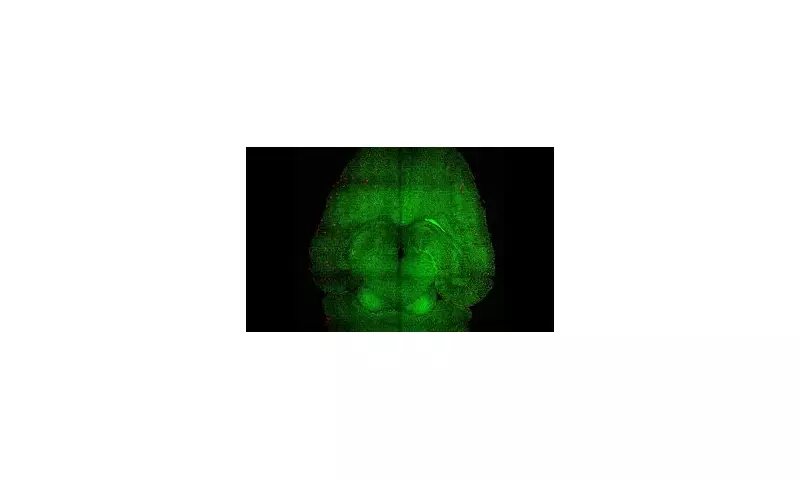
In a stunning development that could transform dementia treatment, British scientists have successfully reversed Alzheimer's symptoms in mice, offering new hope for millions affected by the devastating condition.
The Genetic Key to Unlocking Alzheimer's
Researchers from the prestigious UK Dementia Research Institute have discovered how to effectively 'switch off' a key gene responsible for producing the toxic protein clusters that characterise Alzheimer's disease. The revolutionary approach targets the very building blocks of the condition at a genetic level.
Remarkable Recovery Observed
Laboratory mice displaying advanced Alzheimer's symptoms showed dramatic improvements following the treatment. The animals, which had previously struggled with memory tasks and spatial awareness, regained cognitive function to levels comparable with healthy counterparts.
Professor Jonathon Rudge, lead researcher on the project, expressed cautious optimism: "What we're witnessing is unprecedented. The mice weren't just stabilising - they were genuinely recovering lost cognitive abilities. It's like watching the disease process reverse itself."
How the Breakthrough Works
The scientific team employed cutting-edge genetic techniques to:
- Target the tau protein gene responsible for neurofibrillary tangles
- Reduce amyloid-beta plaque formation in brain tissue
- Restore synaptic function between neurons
- Improve memory retention and learning capabilities
From Laboratory to Clinic: The Road Ahead
While celebrating this significant milestone, researchers emphasise that human trials remain several years away. The complexity of translating mouse model success to human treatment presents considerable challenges, though the underlying mechanism offers a promising new direction for drug development.
Dr Sarah Chen, co-investigator on the study, noted: "We're not just slowing progression anymore - we're demonstrating that reversal is biologically possible. This fundamentally changes our approach to treating neurodegenerative diseases."
Implications for Future Treatment
The breakthrough suggests that Alzheimer's damage may not be permanent, opening possibilities for:
- Gene therapy applications for early-stage patients
- New drug targets focusing on genetic regulation
- Combination therapies addressing multiple aspects of the disease
- Preventative treatments for high-risk individuals
This research represents one of the most promising developments in dementia treatment in decades, offering tangible hope that Alzheimer's may one day become a manageable condition rather than an inevitable decline.





